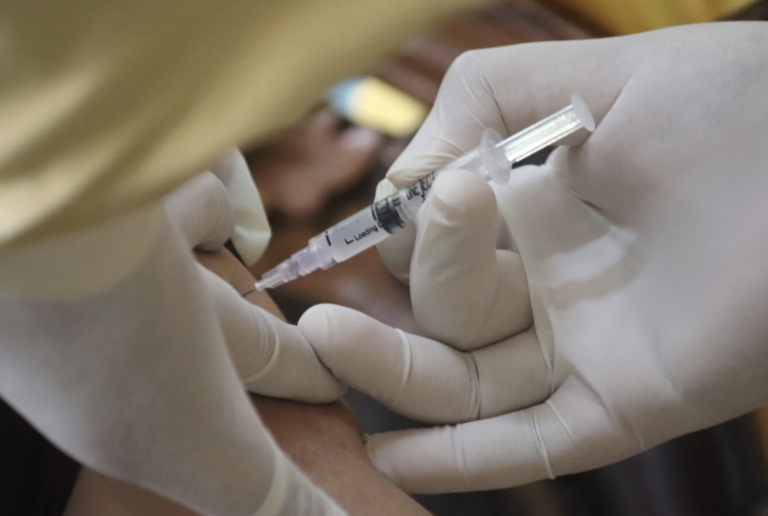Donors, implementing agencies and DFI/PDB cooperation – The case of Germany: BMZ, GIZ, KfW and DEG
In Germany, the Federal Ministry for Economic Cooperation and Development (BMZ) leads in coordinating the government’s bilateral development policy priorities and positions. These are then operationalised and carried out in the form of distinct interventions by implementing agencies. Since a number of key reforms in the first decade of the 2000s, two main agencies have been involved in implementing Germany’s financial and technical cooperation: the KfW Group (Kreditanstalt für Wiederaufbau Bankengruppe) and Gesellschaft für Internationale Zusammenarbeit (GIZ).





